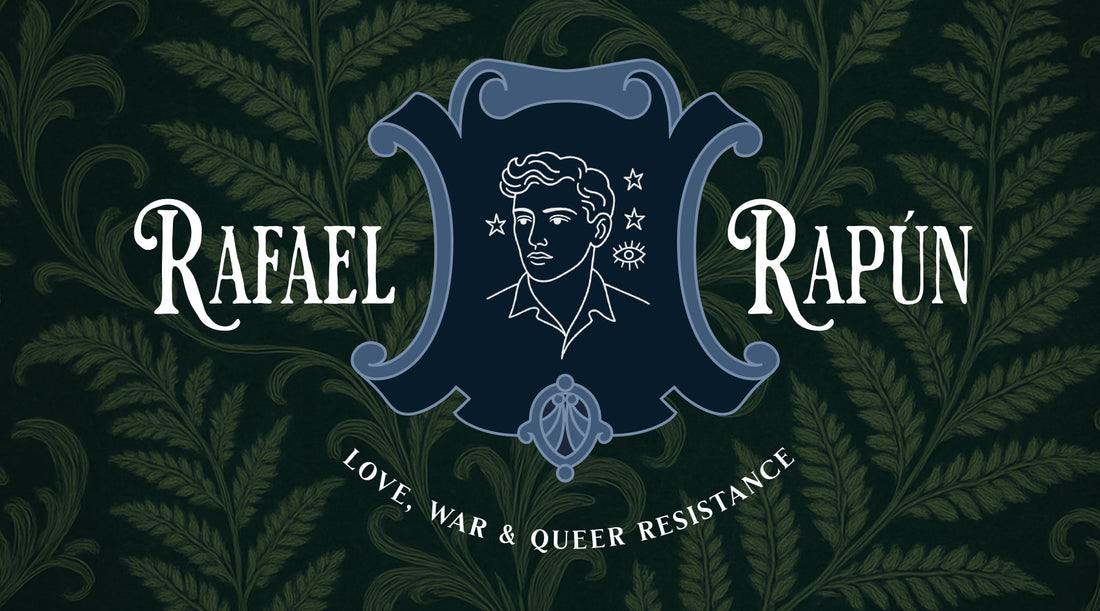
Rafael Rodríguez Rapún: Love, War, and the Legacy of Queer Resistance
Rafael Rodríguez Rapún: Love, War, and the Legacy of Queer Resistance
In the early 1930s, Spain stood on the edge of transformation—a nation vibrating with artistic revival, political unrest, and dreams of social reform. Among the dreamers was Rafael Rodríguez Rapún, a striking young man born in 1912 in Madrid. Though trained as a mining engineer, Rapún’s soul found its true home in poetry, theater, and quiet rebellion. As Spain struggled to define itself, so too did Rafael, carving out a life that defied expectation and convention.
Rafael’s life changed irreversibly in 1935 when he met Federico García Lorca, Spain’s most beloved poet and dramatist. The two began a passionate relationship, documented through letters, poems, and eyewitness accounts. Though homosexuality was criminalized and vilified in Spain at the time, their bond blossomed against the backdrop of Lorca’s theater company, La Barraca, where Rapún worked as an actor and stagehand. Their love was not just personal—it was political, quietly radical in a country inching toward fascism.
Lorca’s assassination by Nationalist forces in 1936 devastated Rafael. Consumed by grief and galvanized by purpose, he joined the Republican army in the Spanish Civil War. Where once he wielded a script, now he carried a rifle. As a soldier, he was not only defending his country from tyranny but preserving the memory of his lost love. His transformation from artist to anti-fascist warrior was as courageous as it was tragic.
Rafael Rodríguez Rapún was killed in combat near the northern front in Santander in August 1937, just one year after Lorca’s murder. He was 25. Though silenced early, his story endures as one of bravery, intellect, passion, and defiance in the face of repression. His life—one of love, loss, and ultimately, resistance—remains a profound reminder of the personal costs of political violence and the silenced stories of queer individuals throughout history.
For decades, Rapún’s memory lingered only in whispers, his name eclipsed by Lorca’s fame and the fear that surrounded Spain’s fascist regime. But in recent years, historians and LGBTQ+ advocates have reclaimed his narrative. He was not just “Lorca’s last love”—he was a scholar, a soldier, and a symbol of queer endurance in the darkest of times. His story has been preserved through works such as García Lorca: A Life by Ian Gibson and further examined in queer history archives dedicated to the Spanish Civil War.
Today, we honor Rafael Rodríguez Rapún not only with remembrance but with action. Our Spartan Pride T-Shirt: Ancient Echoes & Queer Resistance is a tribute to his life and legacy—an invitation to wear your pride boldly and to tell the stories that history tried to erase. Click here to view the shirt and carry his memory forward, one conversation at a time.